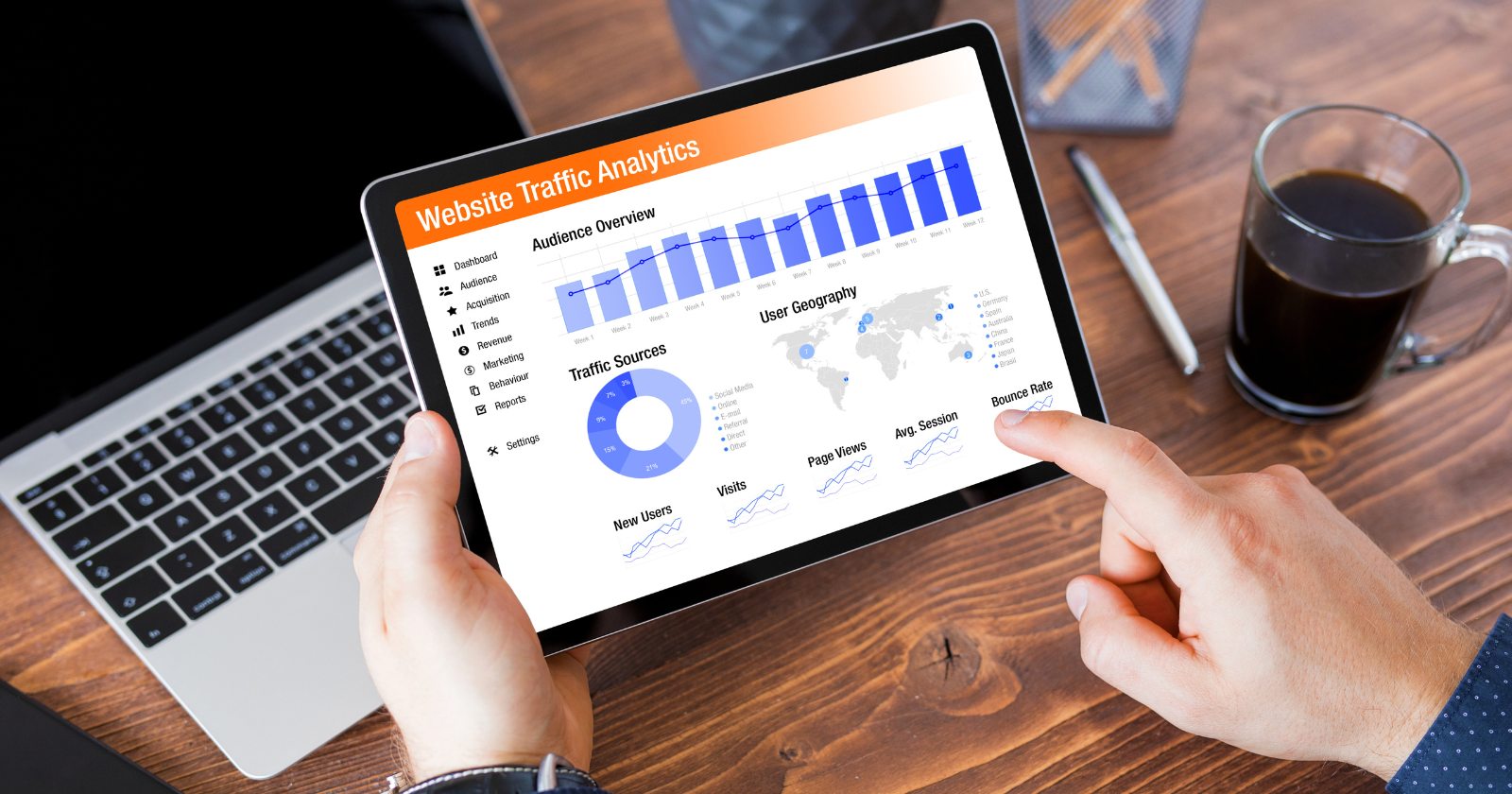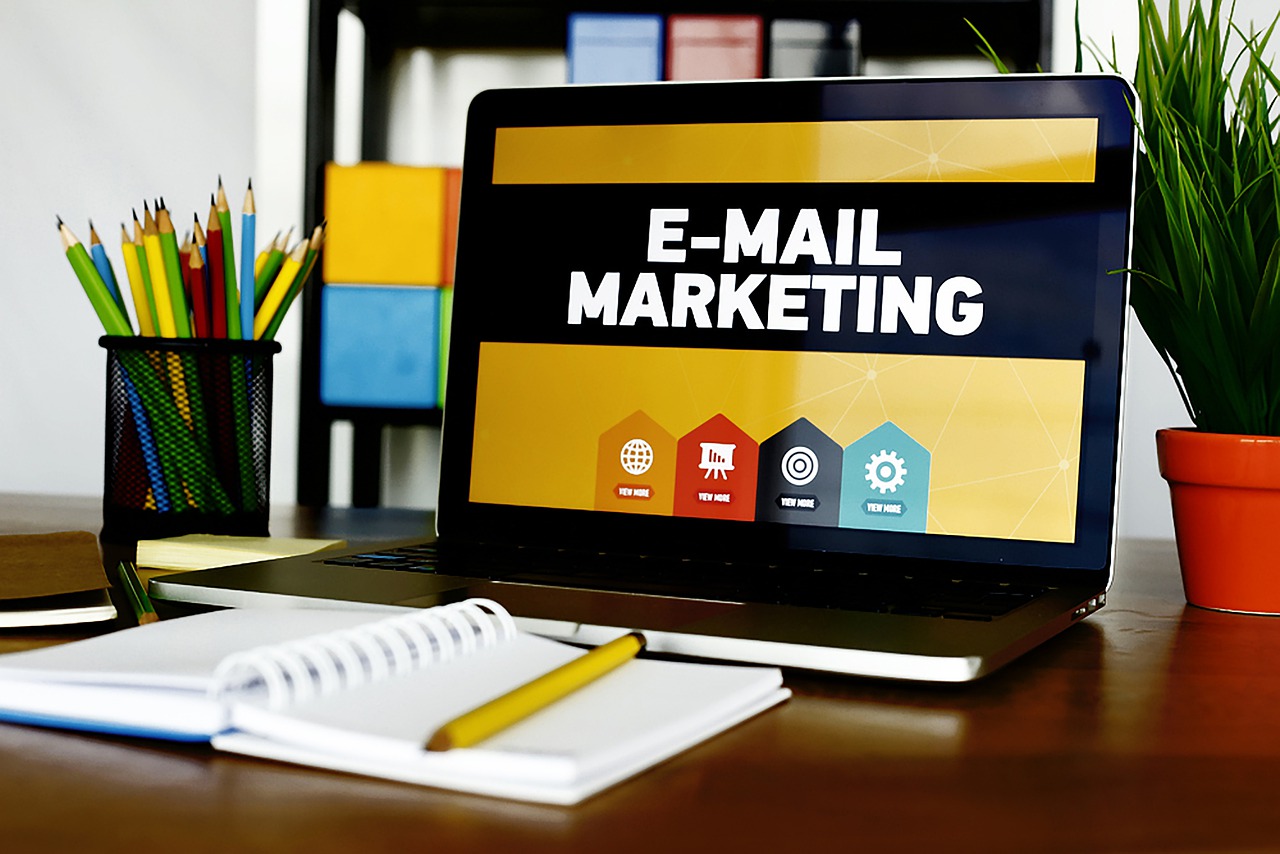The Business Case For Sustainability. How Entrepreneurs Can Drive Performance With Planet-Friendly Practices
Demand for sustainable products and services is growing rapidly as more consumers than ever consider sustainability as a priority when choosing new products and considering which brands they want to support. Research has shown that around 78 percent of...

Demand for sustainable products and services is growing rapidly as more consumers than ever consider sustainability as a priority when choosing new products and considering which brands they want to support.
Research has shown that around 78 percent of American consumers have said that a sustainable lifestyle is important to them. Even more, back in 2020, research by McKinsey & Company found that a robust 60 percent of consumers were willing to pay more for a product that was sold in sustainable packaging.
However, driving customer satisfaction and meeting the ever-changing demands of consumers will take more than replacing current packaging with more eco-friendly options. Instead, business owners and entrepreneurs will need to take a more aggressive approach should they want to stay ahead of their competitors while expanding their bottom line.
But with so many outlets and a plethora of touchpoints through which entrepreneurs can meet their customers, where is the best place to start when looking to introduce new sustainability practices to help drive both a positive change and business profitability?
From Buzzword to Business Imperative
The concept of “sustainability” and “environmentally-friendly” is more than a buzzword printed on advertisements and packaging. Customers are willing to support companies that are willing to make good on their promise to improve the environmental and social conditions of their direct community.
The consumer market landscape has changed, and sustainability is not only a social movement anymore but a business imperative that’s not only a “nice-to-have” option but instead an entire ethos that supports and drives business efforts.
A positive change has already started to occur within C-level organizations. Research by Gartner found that 69 percent of senior executives and CEOs consider sustainability as a leading business growth opportunity in 2024.
In a supplementary survey of senior executives, researchers uncovered that many companies are driving growth through several key actions:
33% of businesses use sustainable products and services,18% of businesses use sustainable business practices,18% of businesses have transparent stakeholder engagement,18% of businesses focus on decarbonization efforts,17% of businesses use sustainability strategies in their marketing,14% of businesses make use of renewable energy,8% of businesses invest in digital innovation for sustainable efforts.For entrepreneurs, this might seem a far stretch from where they might currently be, and for some, these efforts are not often considered as part of their long-term business plan. However, ignoring these and other efforts could come at the cost of overall business success and the ability to scale within a competitive marketplace.
Creating Change. Driving Scalability
Having a sustainable business approach can help in the near-term development of the business. Understanding to which level sustainability can play a role in your business will help drive more innovative business decisions and establish more transparent efforts among your customers, suppliers, and business partners.
Cost Reduction and Efficiency
A key consideration to give when developing a business structure that takes sustainability into account is working to find more effective cost-reduction efforts that can save money and drive efficiency within day-to-day operations.
Supply Chain Optimization
Effective supply chain management can help reduce greenhouse gas emissions and reduce operating costs for businesses. Deloitte research found that around 50% to 70% of business operating costs are attributed to supply chains.
Seeking more sustainable supply chain solutions, such as partnering with local suppliers, working with nearby merchants, or seeking more transparent manufacturing, can improve supply chain management but create more long-term value within supply chain sustainability operations.
Energy and Waste Reduction
Small businesses in the United States spend an average of $577 per month on energy bills. This total can range, depending on the size and operations of the business, but for the most part, smaller businesses will spend upwards of $6,000 annually on energy bills.
Keeping the lights on is already an expensive exercise, and that’s not to mention having to pay for additional utilities such as gas, water, internet, property taxes, and other subscriptions. Seeking to implement workable solutions that can reduce energy consumption on your premises and minimize waste output could help drive down your business’s carbon footprint but allow you to save on additional costs that could be reinvested into your business.
Risk Mitigation and Regulatory Compliance
Building a sustainable brand takes time, but more than this, it requires you to abide by the rules and regulations set out by local authorities.
Regulatory Compliance
Depending on your business, the industry in which you operate might be regulated by an alphabet soup bowl of regulators. To avoid regulatory compliance becoming an obstacle to future developments, it’s important to review and understand all regulatory compliance guidelines as your business begins to scale and take on new challenges.
Though the rules might be different, depending on your business, non-compliance can result in fines, sanctions, and lawsuits. For an under-the-radar business, regulatory compliance might be less applicable during the early stages of development, however with time and growth, these considerations become increasingly important to both the financial stability and reputation of your business.
Customer loyalty
Building customer relationships has become a multifaceted activity that requires business owners to approach each touch point with an open mind, and the ability to address customer needs effectively.
Part of the complexities of building customer loyalty is providing clients with sustainable product and service offerings. Not only are customers interested in the level of sustainability of each product, but many seek out brands that can be more transparent surrounding their operations, including manufacturing processes, supply chain management, and supplier relationships.
Survey data found that seventy-one percent of U.S. adults have said that they are more loyal to brands and companies that have a proactive approach to protecting the environment and being leaders of social change.
Company Culture and Employee Engagement
Achieving sustainable growth comes from all corners of the business and requires a flexible approach that allows employees to actively participate and engage with new market ideas, products, and services to find more fitting solutions.
Talent Acquisition and Training
To ensure that sustainability remains a core business responsibility, business owners should include these efforts within their employee acquisition and training programs. Even at a small business scale, sustainability can drive change among employees. However, this change is only possible if entrepreneurs and owners are willing to encourage this type of culture.
By establishing transparent and open communication among employees, you can ensure the possibility of them sharing the same sustainability milestones as you might have in mind. Ensure that you can provide new employees with the resources they need to understand how they can contribute to the bigger picture and what role they will play in the long term.
Employee and customer engagement
Creating an open company culture is only one part of the puzzle. The next important step is to consider how employees engage with customers and whether they make an effort to drive a sustainable point of view.
Oftentimes, the best marketing and advertising is done by employees themselves while engaging with clients. Keeping employees informed and allowing them to be transparent regarding your business can create a basis through which you can foster more loyal customer relationships.
New Market Opportunities
Growing a business requires you to take advantage of relevant opportunities within your scope of expertise. Knowing which opportunities are available and how you can leverage them will allow you to effectively navigate potential obstacles while focusing on achieving sustainable growth.
Sustainable Investor Options
Investor relations have changed. The importance of environmental, social, and governance (ESG) now takes priority for many investors who seek to build more sustainable portfolios and make more progressive investment decisions.
While investor mindset hasn’t changed – equities, commodities, and historical CD rates by year continue to hold top positions in portfolios – there is a shared incentive among investors that seek to invest in companies that can provide a more sustainable approach to current new market issues and environmental challenges.
Looking to capitalize on these opportunities requires a more proactive approach to establishing a business model that grounds itself on sustainability and driving environmental change. Through proper product development and seeking more innovative solutions that harness advanced capabilities, entrepreneurs can create an attractive service portfolio that can complement investors’ long-term strategic investment activities.
Final Thoughts
The business case for sustainability requires entrepreneurs to develop a strategy that will help them understand the importance of implementing more sustainable practices to drive overall performance and long-term financial growth.
Implementing these actions from the get-go could help entrepreneurs become more flexible and allow them more opportunities to adapt to a changing market. Though this might not always be the case, taking into account how customer trends have changed and will continue to do so for the foreseeable future will help entrepreneurs recognize potential shortcomings and how implementing more sustainable business practices can drive business competitiveness and scalability.

 BigThink
BigThink 
































